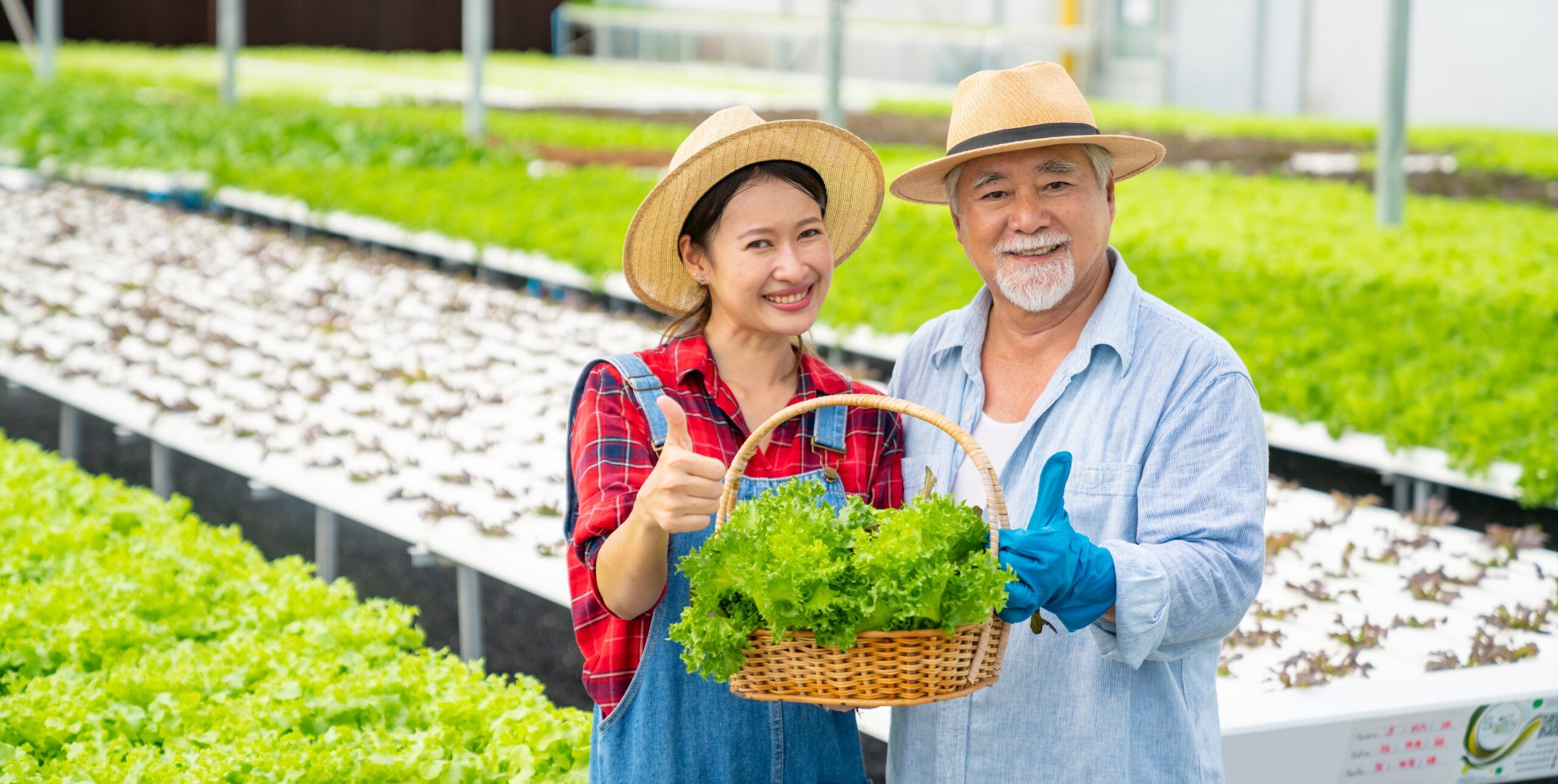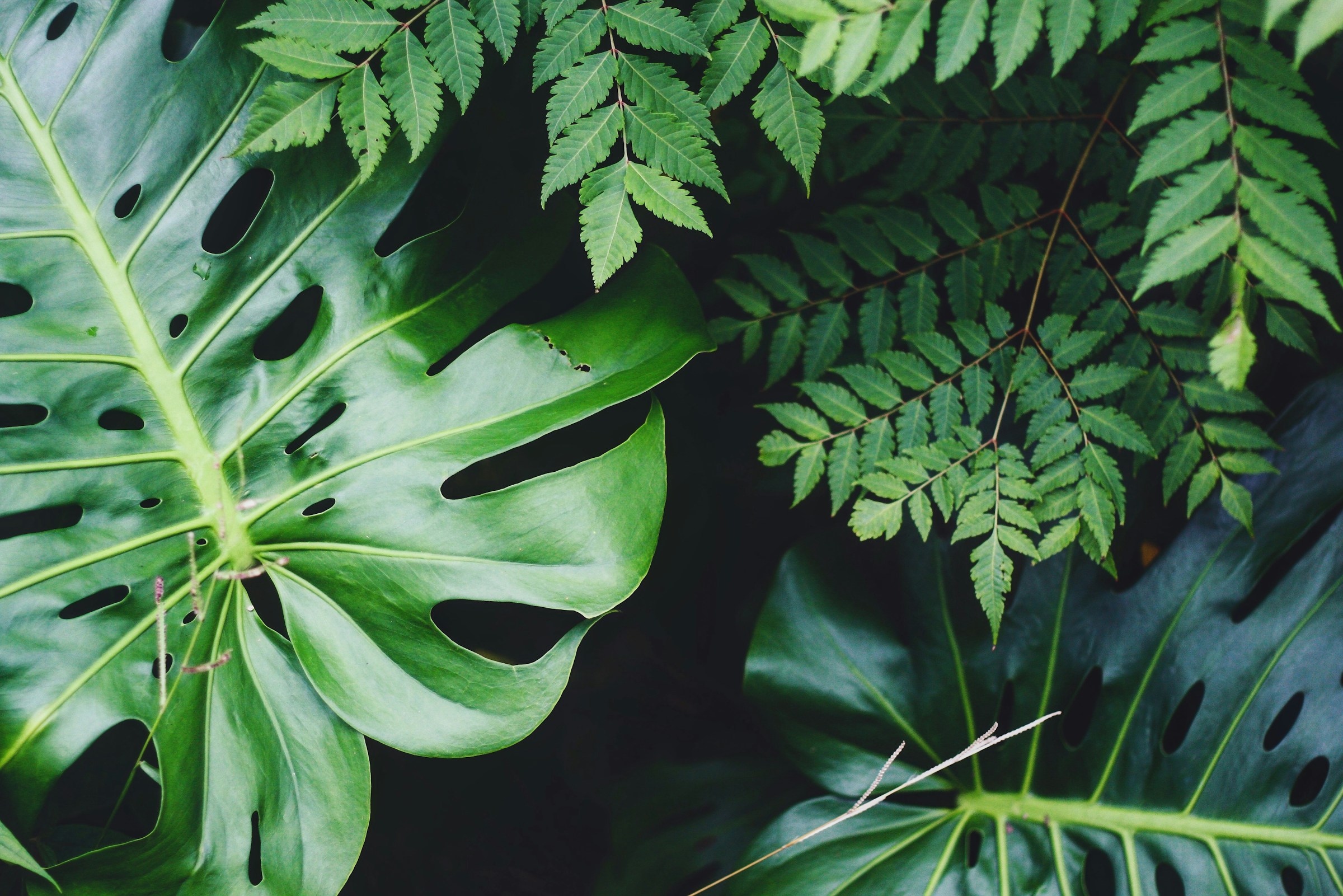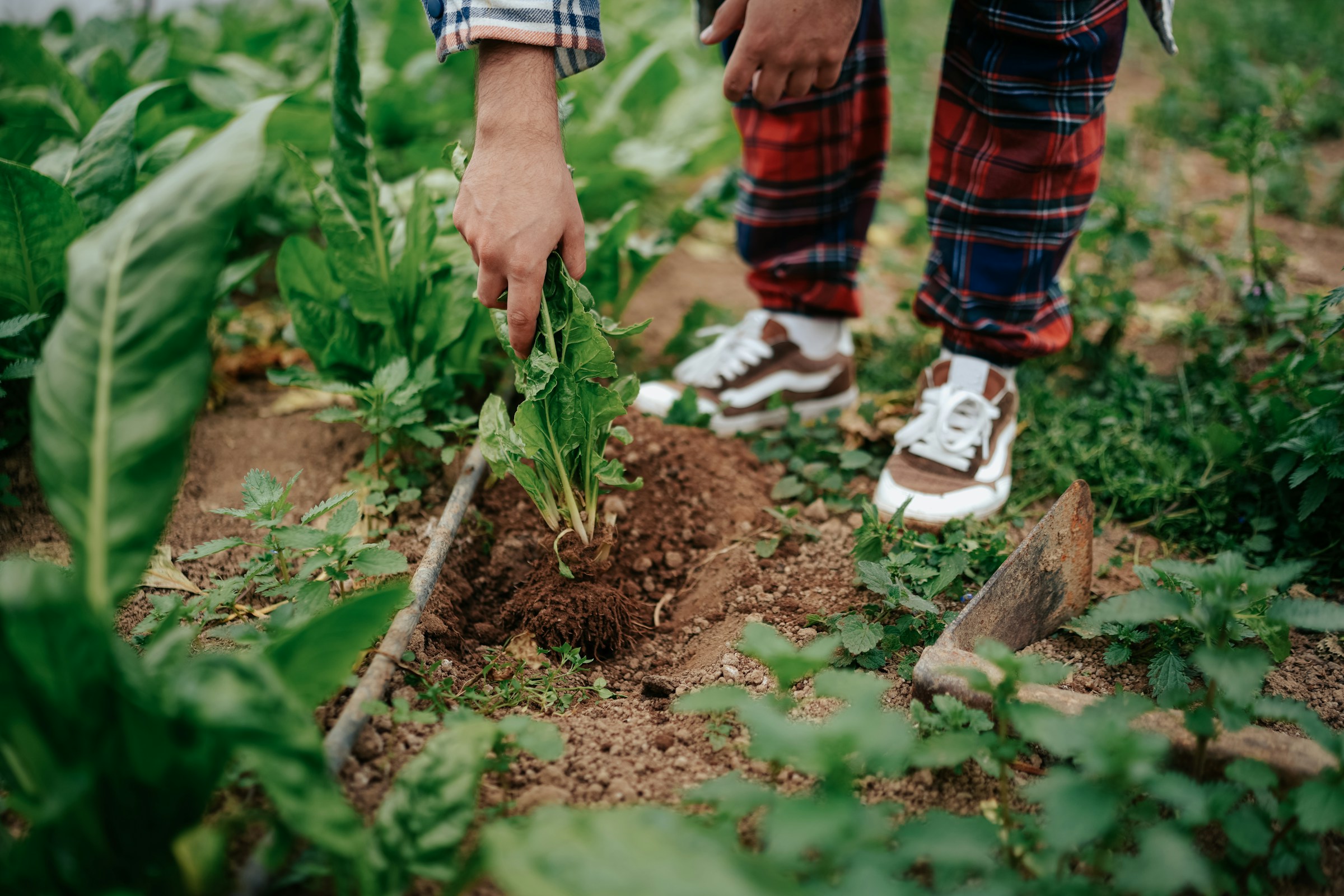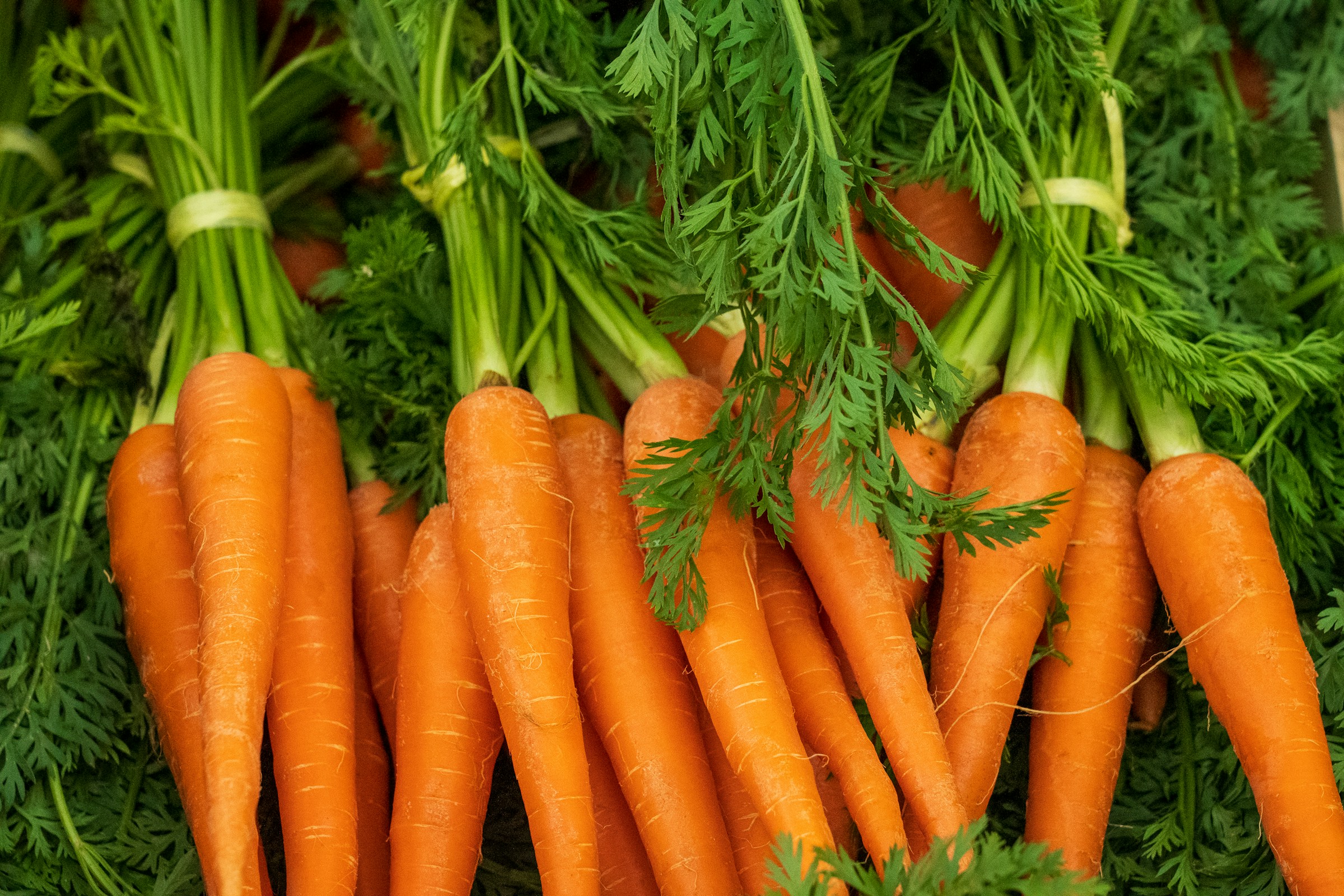Welcome, green thumbs and aspiring gardeners! If you've ever wondered why your vegetables aren't thriving as they should, despite all the love and care, the answer might lie beneath your feet: the soil. Understanding the soil's vital role in gardening is critical to growing flourishing, nutritious vegetables. This comprehensive guide will delve into the essentials of earth and how to select and prepare the best soil for vegetable gardens.
Understanding Soil Basics
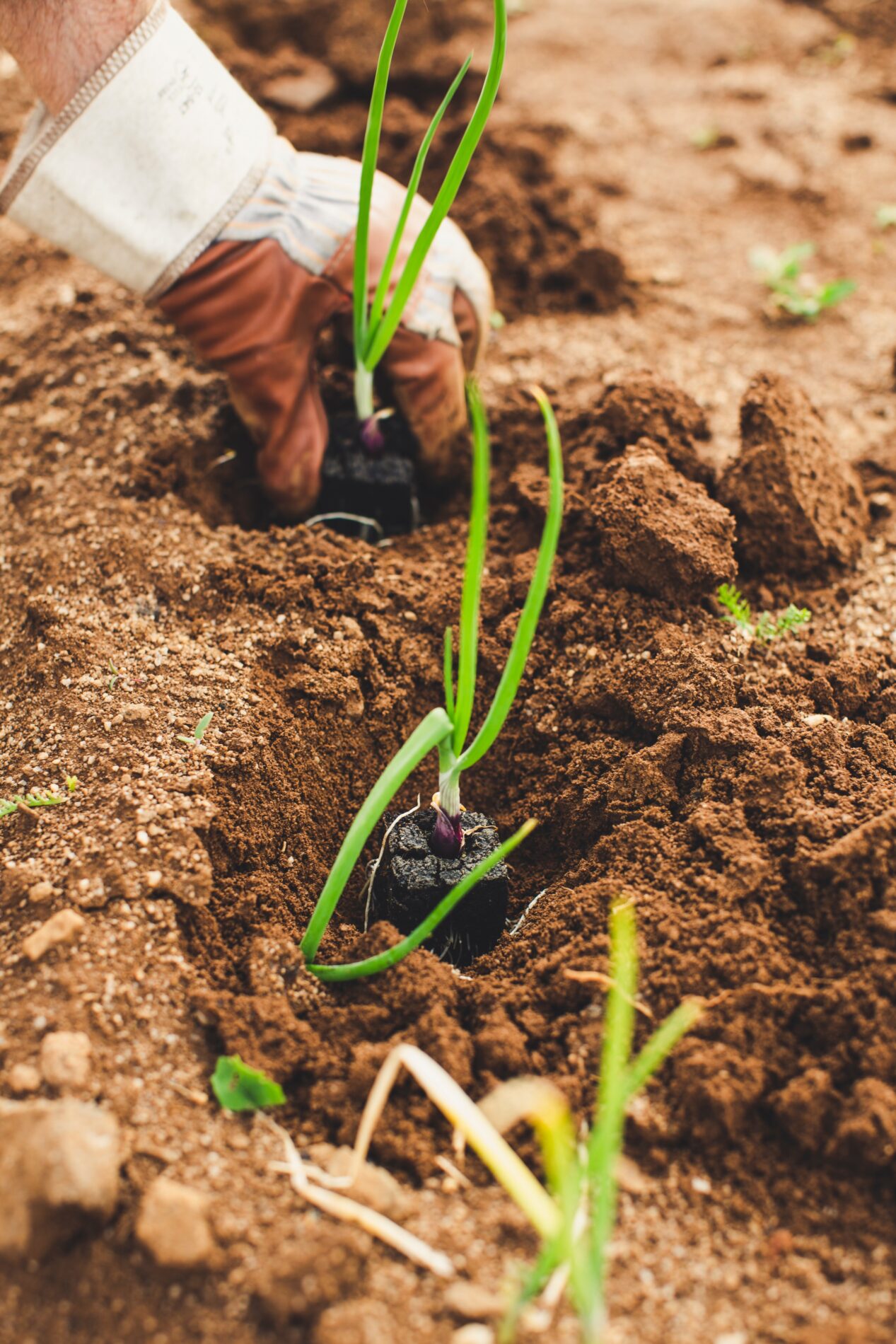
Soil is more than just dirt. It's a complex mix of minerals, organic material, water, and air - forming the life-support system for your plants. The three primary types of soil are silt, sand, and clay, distinguished by the size of their particles. Sand has the largest and clay the smallest, with mud sitting in between.
Soil pH, which measures how acidic or alkaline the garden soil is, influences a plant's ability to absorb nutrients. Most vegetables prefer neutral to slightly acidic soil (pH 6-7).
Types of Soil for Vegetable Gardens
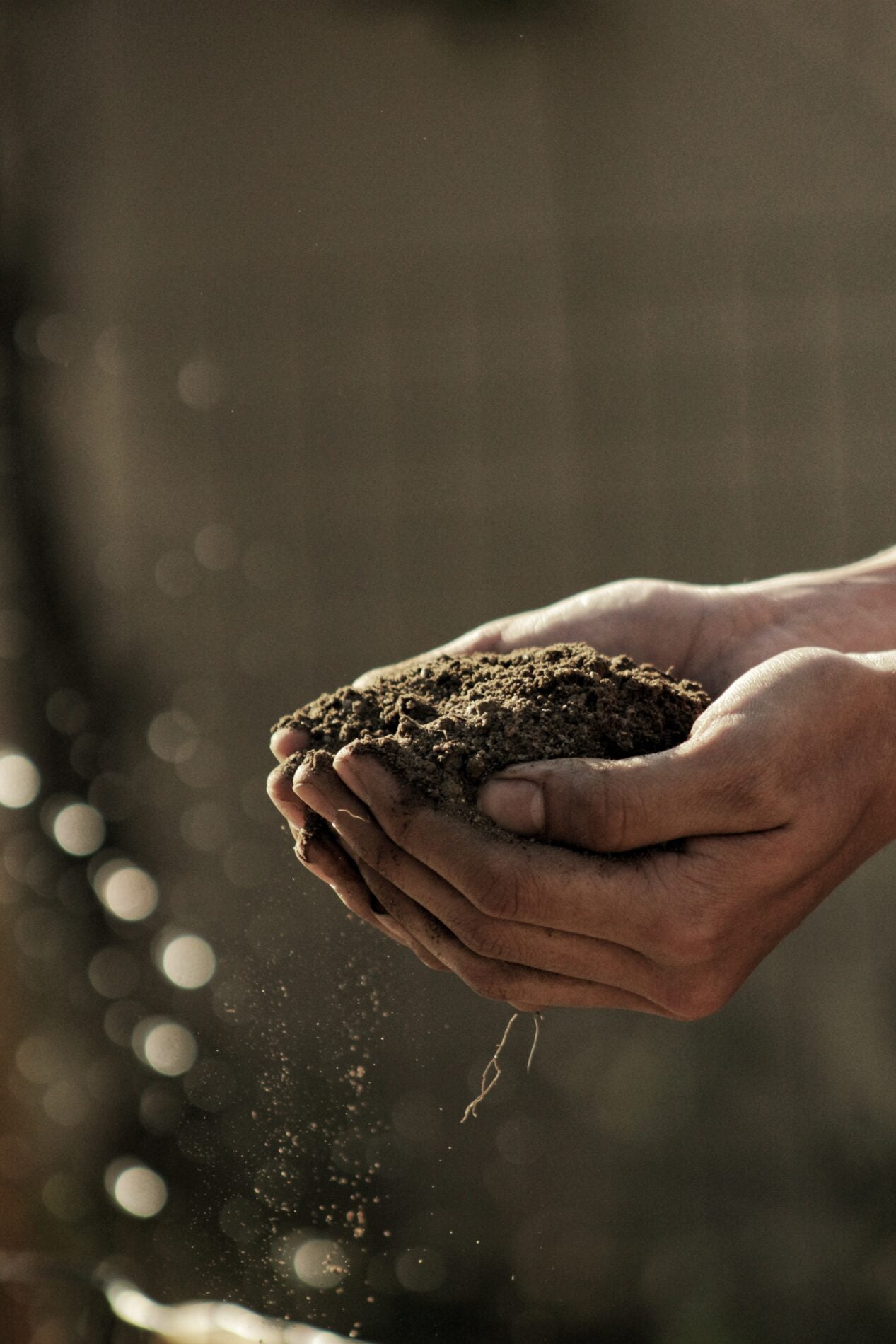
Now that we've covered the basics let's look at the different types of soil suitable for vegetable gardens:
Loamy Soil: The gold standard for most gardeners, loamy soil has a balanced mix of sand, silt, and clay. It retains moisture while ensuring good drainage and is rich in nutrients and organic matter.
Sandy Soil: Light and coarse, sandy soil drains quickly - perhaps too fast, leading to nutrient and water retention issues.
Clay Soil: Heavy and compact, clay soil holds water well but can become waterlogged. While nutrient-rich, its dense structure can stifle plant roots.
Silt Soil: Silt is smooth and holds more water than sandy soil but less than clay. Its nutrient-retention ability is moderate.
Ideal Soil Conditions for Common Vegetables
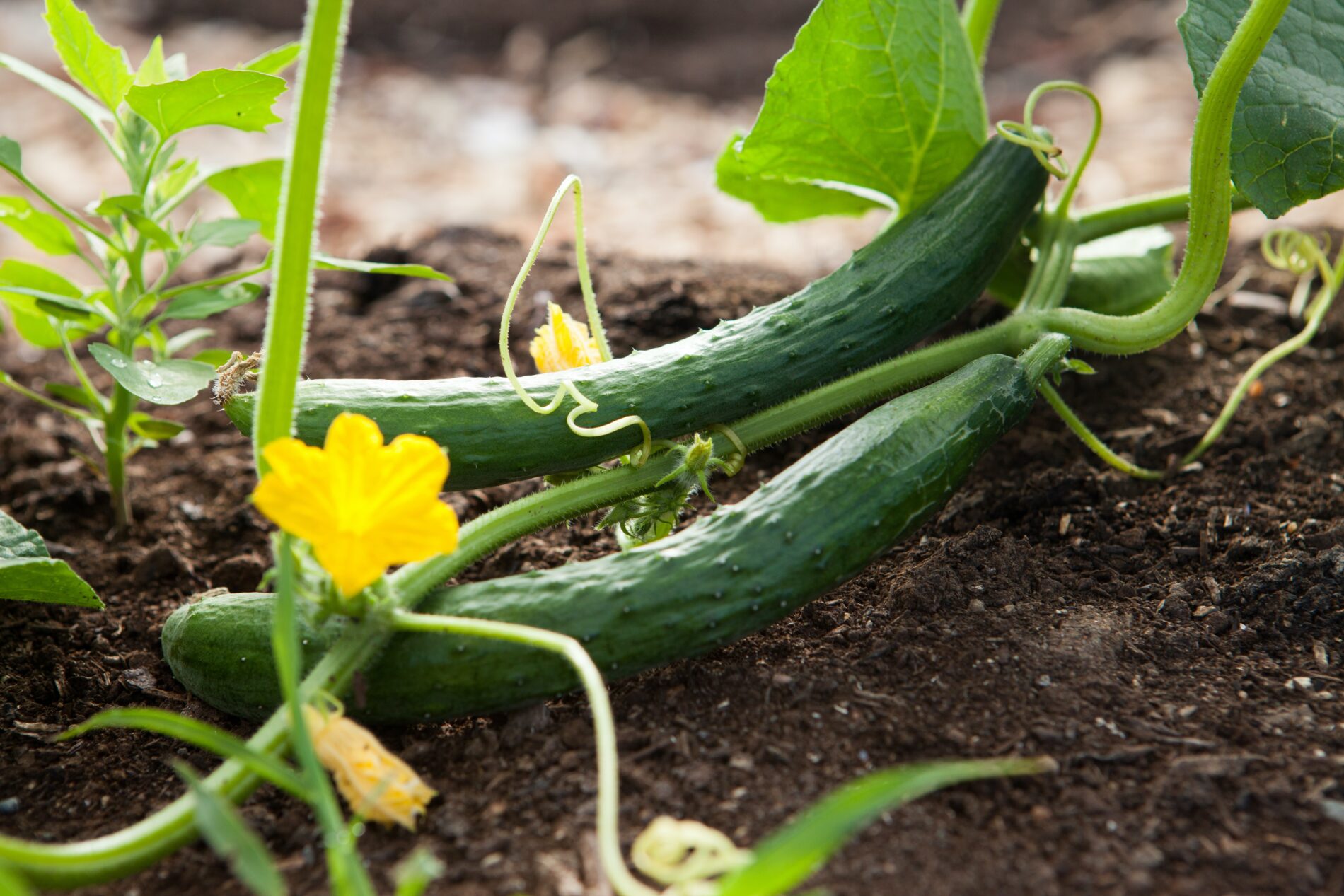
Different vegetables have different soil preferences regarding texture, pH, and nutrient content. Here's a more detailed overview of the ideal soil conditions for some common vegetables:
1. Carrots: Carrots need deep, sandy loam or sandy soil that is well-drained. The ground needs to be free from rocks and hard clumps, which can cause the roots to become deformed. A slightly acidic to neutral pH (6.0-7.0) is ideal.
2. Tomatoes: Tomatoes prefer well-draining soil rich in organic matter. They require a neutral to slightly acidic pH (6.0-7.0). They are heavy feeders, so the soil should be rich in nutrients, especially phosphorus, promoting healthy fruit development.
3. Lettuce: Lettuce plants prefer loose, relaxed, sandy loam soil with good drainage. They do well in various pH values but prefer slightly acidic to neutral (6.0-7.0). They have shallow roots, so they benefit from regular compost and organic matter additions to the topsoil.
4. Peppers: Peppers, like tomatoes, prefer well-drained, loamy soil rich in organic matter. They prefer a slightly acidic to neutral pH (6.0-7.0). Regular fertilization is essential to maintain the nutrient level for these heavy feeders.
5. Beans: Beans prefer well-drained soil with plenty of organic matter. They can tolerate a wide pH range but prefer slightly acidic to neutral (6.0-7.0). They are legumes, so they fix their nitrogen; thus, soil rich in phosphorus and potassium is more beneficial.
6. Cucumbers: Cucumbers thrive in loose, airy, deep soil rich in organic matter. These plants are heavy feeders, so nutrient-rich soil is a must. They prefer a pH between 6.0 and 7.0.
7. Zucchini: Zucchini, like cucumbers, likes well-drained, fertile soil rich in organic matter with a pH between 6.0 and 7.5. As zucchini plants are heavy feeders, adding compost or well-rotted manure will help provide the nutrients they need to produce their large fruits.
8. Spinach: Spinach plants prefer well-draining soil but can do well in many soil types if they get enough nutrients. As leafy greens, they benefit from nitrogen-rich soil. They prefer a neutral to slightly alkaline pH (6.5-7.5).
These are general guidelines; remember that the specific variety of vegetables you're growing can have slightly different soil requirements. It's always a good idea to test your soil and adjust it as needed to fit the needs of your specific plants.
Improving Soil Quality for Vegetable Gardens
Regardless of your soil type, you can take steps to improve its quality:
Sandy, Clay, and Silt Soil: Sandy soils benefit from adding organic matter to enhance water and nutrient retention. Adding coarse sand or gypsum to clay soil can improve its structure and drainage, while compost can improve nutrient content. Silt soil benefits from organic matter to enhance its structure and drainage.
Composting: Composting turns kitchen and yard waste into a rich soil amendment. Regularly adding compost to your garden soil will improve its fertility over time.
Soil Testing: Soil testing gives you valuable information about your soil's current state, enabling you to make specific amendments to improve it.
Common Soil Issues and Solutions
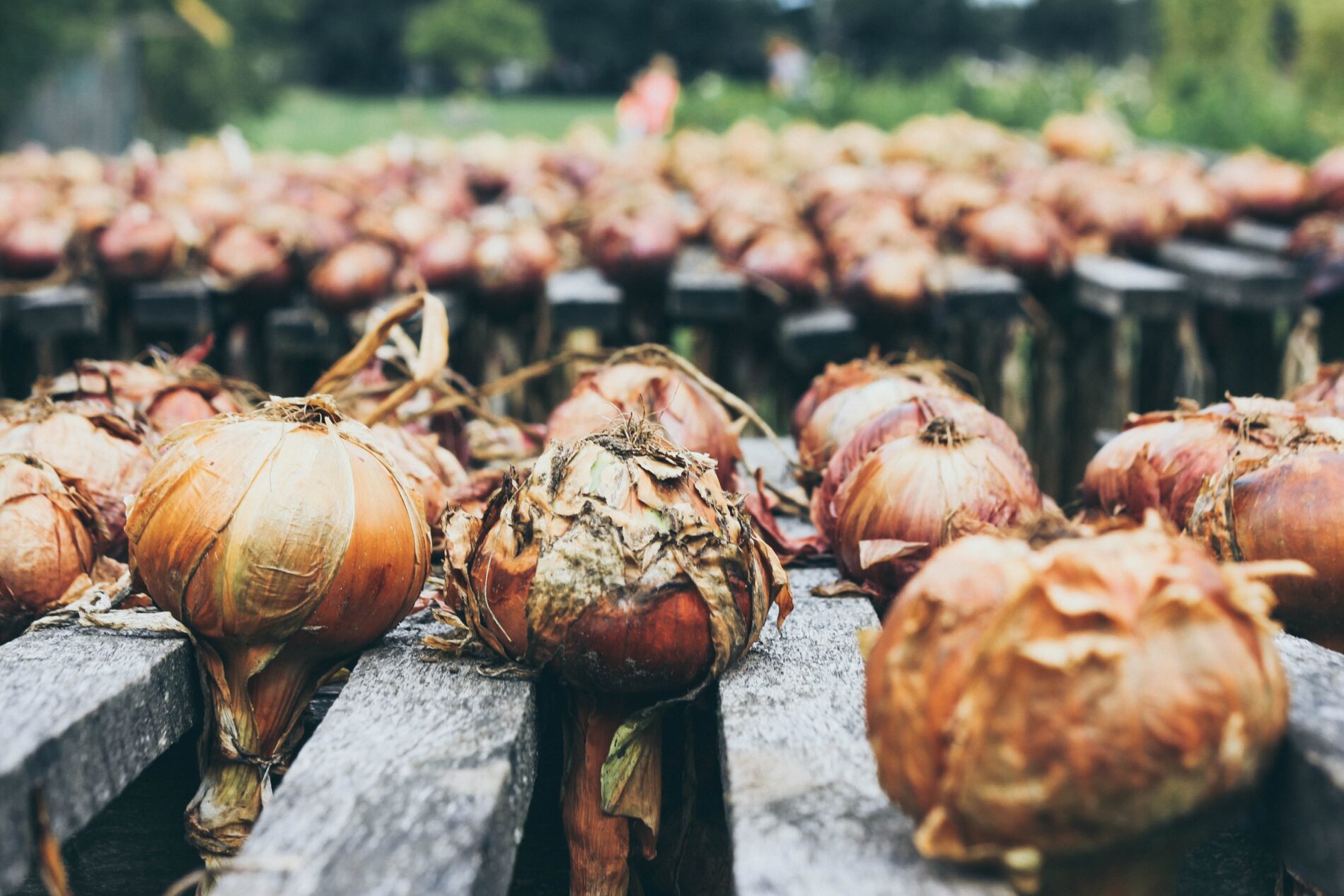
Gardening has challenges. You might need help with problems like compacted soil, waterlogging, incorrect pH, or nutrient deficiencies. Loosening the soil, adding organic matter, adjusting the pH with lime or sulfur, or supplementing with specific fertilizers can address these problems.
Let's delve deeper into the common soil issues that gardeners often face and their solutions:
Compacted Soil
Compacted soil lacks the loose structure plant roots need to grow and breathe. It restricts the movement of air, water, and nutrients through the soil, stunting plant growth.
Solution: You can improve the texture of compacted soil by adding organic matter such as compost or well-rotted manure. You should physically break it up with a garden fork or tiller for heavily compacted soil. Regularly aerating your garden can also help alleviate compaction.
Waterlogged Soil
Waterlogging often occurs in clay or compacted soils that drain poorly. This can lead to root rot and other water-borne diseases.
Solution: Improving drainage is critical to handling waterlogged soil. Adding coarse sand or organic matter can enhance the soil's structure and drainage capacity. Consider installing a drainage system or planting in raised beds in severe cases.
Incorrect Soil pH
The pH of your soil can significantly affect plant growth. Most vegetables prefer a pH range of 6-7. If your soil is too acidic (low pH) or too alkaline (high pH), plants may need help to absorb nutrients effectively.
Solution: Use a soil test kit to determine your soil's pH. You can raise the pH by adding lime if it's too acidic. If it's too alkaline, you can lower the pH by adding sulfur or organic matter like peat moss.
Nutrient Deficiencies
Soil needs to be rich in nutrients for plants to thrive. Deficiencies in essential nutrients like nitrogen, phosphorus, and potassium can lead to poor plant growth and low yields.
Solution: Regular soil testing can identify any nutrient deficiencies. Depending on the results, you can add specific fertilizers or amendments to replenish the missing nutrients. Remember, organic matter like compost adds nutrients to the soil and improves fertility.
Poor Soil Structure
Soil structure refers to how soil particles (sand, silt, clay) bind together. Good soil structure is crumbly, allowing roots to penetrate quickly and air and water to circulate.
Solution: Adding organic matter is the best way to improve soil structure. It acts as a binding agent, creating aggregates between the soil particles, resulting in a looser, crumbly structure.
Remember, improving soil is gradual, but your patience and effort will reward you with healthier plants and more bountiful harvests.
Role of Fertigation in Improving Soil for Vegetable Gardens
Fertigation, blending fertilization and irrigation, is beneficial for augmenting soil quality, particularly in sandy soils prone to nutrient leaching. It involves the distribution of dissolved fertilizer via an irrigation system, promoting efficient nutrient absorption by delivering nutrients straight to the plant roots. In addressing common soil issues, fertigation aids in remedying nutrient deficiencies by reducing nutrient waste and boosting plant nutrient uptake.
However, implementing fertigation demands a proper irrigation setup, correct fertilizer selection, and an understanding of plant nutrient needs. It's vital to regularly monitor and test soil health to avoid soil degradation, as an imbalance of pH and organic matter can still occur despite fertigation.
Frequently Asked Questions
What is fertigation, and how does it improve my vegetable garden?
Fertigation is a method that combines fertilization and irrigation, delivering nutrients directly to your plants' roots through your irrigation system. It's particularly beneficial for vegetable gardens as it ensures efficient nutrient absorption, reduces nutrient waste, and is water-efficient. Over time, this can lead to healthier, more productive plants.
Can fertigation solve all my soil issues?
While fertigation is a powerful tool for improving nutrient delivery, it doesn't address all potential soil issues. Monitoring and managing other factors like soil pH, organic matter content, and soil structure is essential to ensure overall soil health.
Can I use fertigation in any soil?
Yes, fertigation can benefit many soil types, including sandy soils, clay soils, and loamy soils. However, the same benefits can vary depending on the specific characteristics of your soil and the types of plants you're growing. Regular soil testing is essential to understand your soil's specific needs and adjust your fertigation strategy accordingly.
Final Words
At EZ FO Fertigation Systems, we value the essential role of robust soil health in fruitful vegetable gardening, as highlighted in the "Best Soil for Vegetable Gardens" guide. Our specialized fertigation systems deliver precise nutrition directly to your plants' roots, optimizing soil fertility and boosting garden productivity. However, we recognize fertigation is just one piece of the puzzle, joining factors like pH balance, organic matter, and regular soil testing. As your dedicated partner in gardening, we invite you to discover how our solutions can enhance your soil health and gardening success.
Happy gardening!

